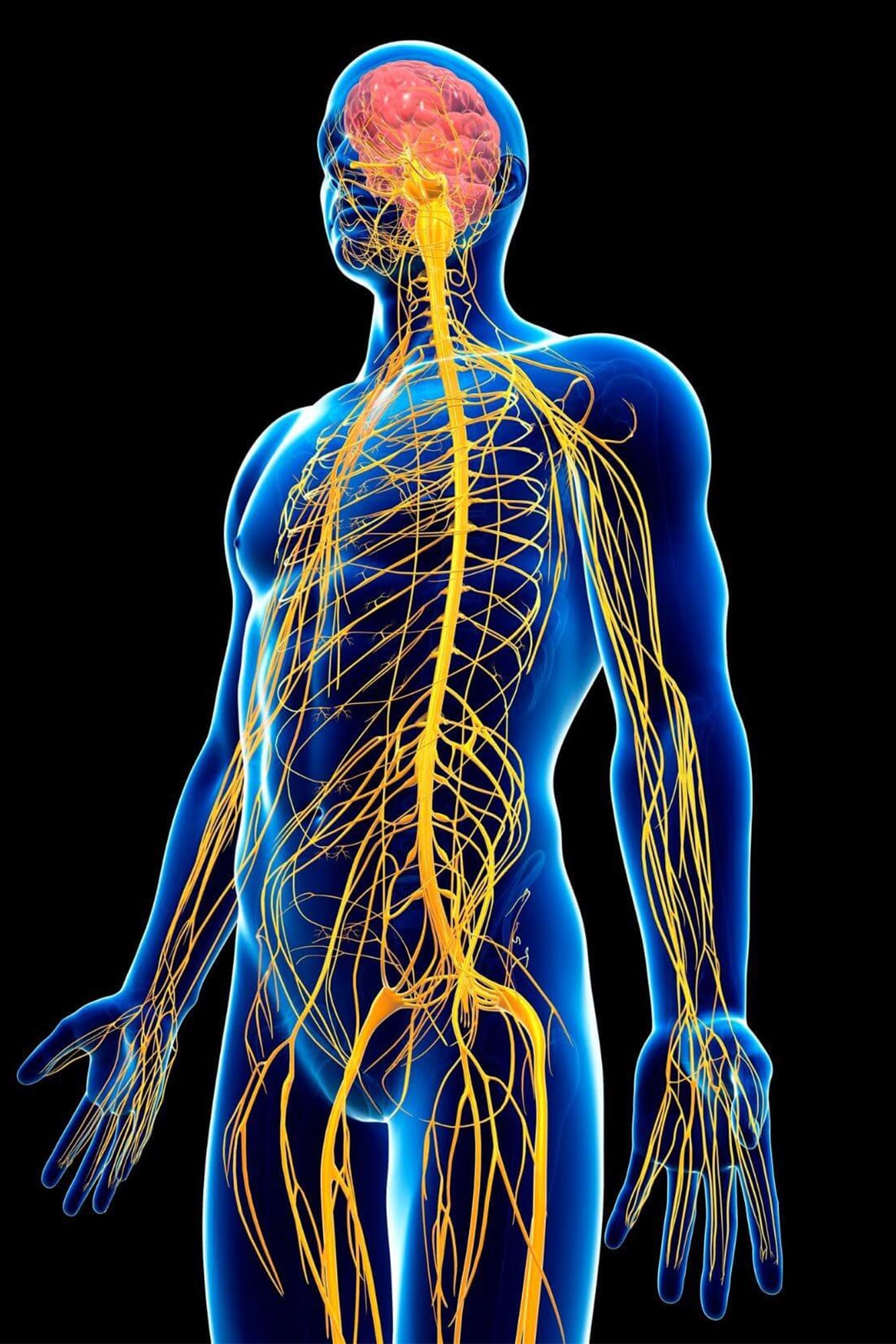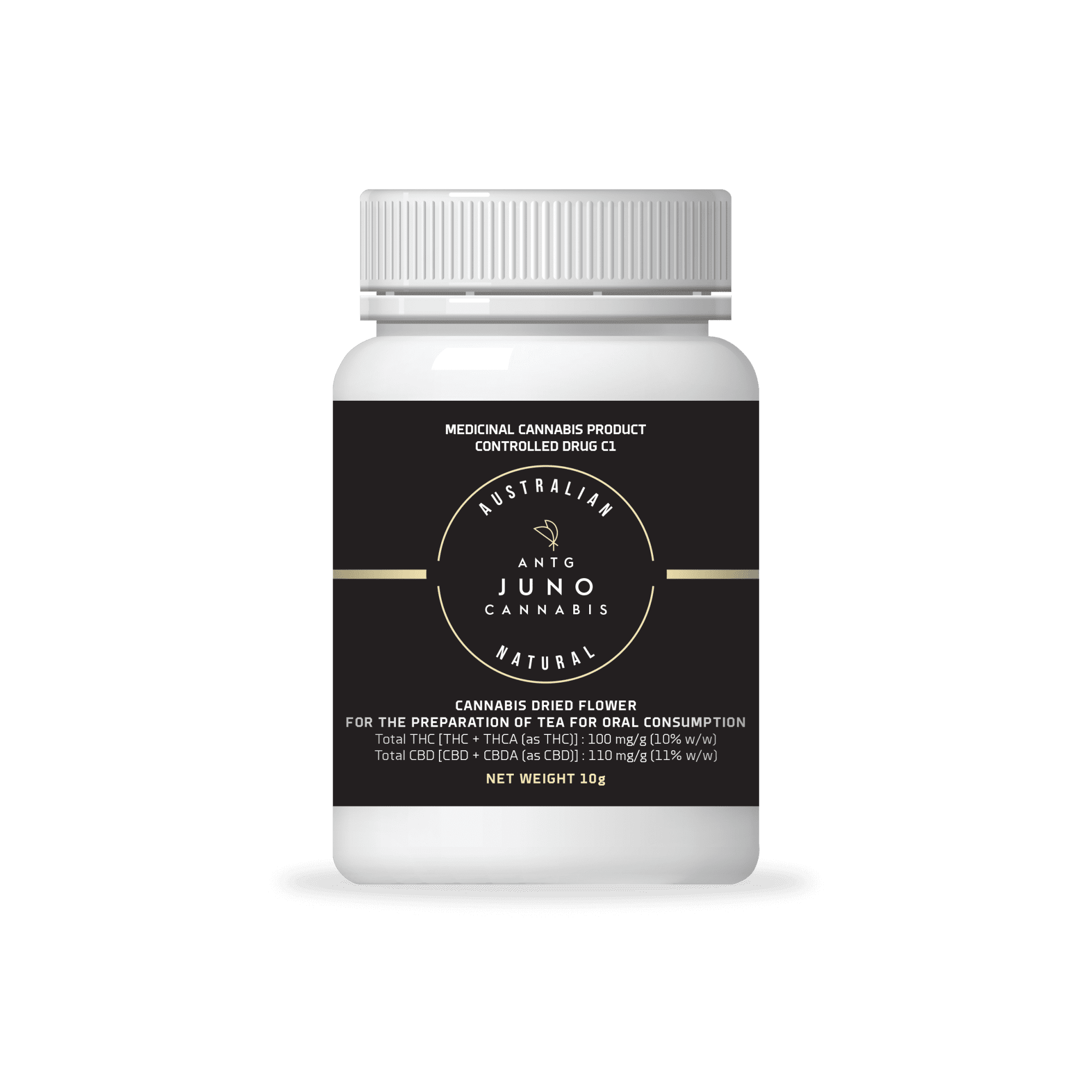In this article, we aim to address these concerns and shed light on the potential interactions and conflicts between medical cannabis and other medications or therapies. By providing accurate information and guidance, we aim to help patients make informed decisions about integrating medical cannabis into their treatment plans.
Understanding the Complementary Nature of Medical Cannabis and Traditional Treatments
Medical cannabis works via the endocannabinoid system, a complex network of receptors found throughout the body. This system is critical in the regulation of several physiological processes, including pain sensation, inflammation, immunological response, mood, and appetite.
Cannabinoids found in medical cannabis can influence these processes and restore physiological equilibrium by interacting with endocannabinoid receptors. This basic distinction distinguishes medical cannabis from traditional medicines, which frequently focus on controlling specific symptoms or targeting specific pathways.
Medical cannabis holistic nature allows it to address several facets of a patient’s ailment, providing a more comprehensive approach to treatment. Medical cannabis has the potential to provide unique therapeutic effects via interacting with the endocannabinoid system, which may not be possible with traditional treatments alone.
Potential Synergistic Benefits: Enhancing Treatment Outcomes
The use of medical cannabis in conjunction with standard medicines has the potential for synergistic advantages that can considerably improve treatment outcomes. Medical cannabis has a distinct combination of properties, including analgesic (pain-relieving), anti-inflammatory, and anti-anxiety properties that can supplement the processes of traditional treatments.
Traditional therapies carry the potential of long-term pharmaceutical dependency. It may be possible to reduce the dosage and frequency of normal medications by using medical cannabis, which operates on a different biochemical mechanism. This reduction in medication consumption may result in fewer side effects and a lesser likelihood of dependency. Furthermore, several medical disorders have complicated symptom profiles that might be difficult to manage with standard therapy alone. The multifaceted benefits of medical cannabis can provide extra alleviation and address issues that may not respond satisfactorily to standard medicines alone. Medical cannabis, when used in conjunction with standard treatments, can improve symptom control, resulting in a higher quality of life for patients.
Medical cannabis has the ability to alter different physiological processes in the body due to its interaction with the endocannabinoid system. This unique property enables it to improve the efficacy of traditional therapies by attacking numerous routes at the same time. The synergistic effects of medical cannabis plus standard medicines can result in a more robust and optimised therapeutic response, thereby producing better treatment outcomes for patients.
Professional Guidance and Monitoring
Collaboration and communication are critical components for a successful and effective treatment plan when integrating medical cannabis with traditional therapy. We can assure comprehensive treatment and maximise the benefits of mixing medical cannabis with standard medications by encouraging open and transparent communication between patients, healthcare professionals, and specialists.
Patients should present their healthcare experts with a detailed medical history to help them evaluate potential interactions. This is a comprehensive list of all current drugs, treatments, and health conditions. This data allows healthcare providers to evaluate the suitability and safety of combining medical cannabis with standard treatments.
Collaboration among healthcare practitioners and specialists allows for a thorough assessment of potential interactions between medicinal cannabis and currently available drugs or treatments. Healthcare practitioners can detect potential synergies, conflicts, or dose modifications that may be required for effective integration by studying the pharmacological profiles of different medicines.
When combining medicinal cannabis with traditional treatments, it is critical to continuously check treatment response. This involves keeping track of changes in symptoms, side effects, and overall health. Regular check-ins with healthcare providers aid in evaluating the efficacy of the integrated treatment plan and allowing for timely adjustments if necessary.
Open communication extends beyond the initial discussion. Patients should feel empowered to ask questions, express concerns, and seek continuous guidance. Healthcare professionals should prioritise patient education by providing dependable resources, dispelling misconceptions, and encouraging active participation in the therapeutic decision-making process.
Our experienced staff is available to provide guidance, personalised treatment programmes, and regular monitoring to guarantee safe and effective integration.
Contact CannaPlus+ today to learn more.








